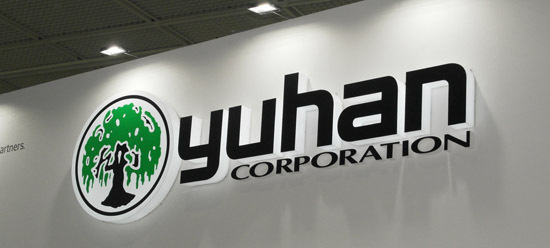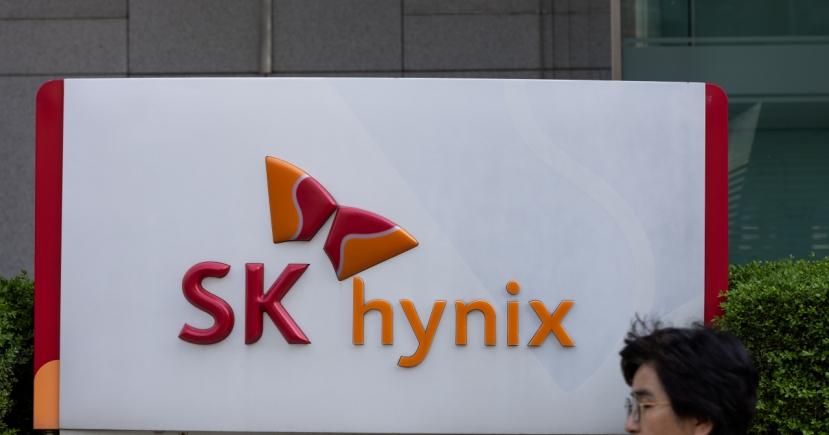Bio
Yuhan out-licenses lung cancer drug to Janssen
[THE INVESTOR] Korean pharmaceutical company Yuhan said on Nov. 5 that it has signed a deal with Janssen Biotech to license out Lazertinib, a novel clinical-stage therapeutic candidate for the treatment of patients with non-small cell lung cancer.
With the deal potentially worth over US$1.25 billion, shares of Yuhan closed up nearly 30 percent.
 |
“Yuhan is committed to developing Lazertinib as an effective treatment option for patients suffering from NSCLC. Janssen, with strong scientific expertise in lung cancer and oncology, is the best strategic partner to achieve this mission. We are excited to start this collaboration and dive into advancing this treatment regimen with a focus on improving the lives of people who suffer from lung cancer,” Yuhan President and CEO Lee Jung-hee said in a statement.
Under the terms of the agreement, Yuhan will receive an upfront payment of US$50 million and is eligible to receive up to US$1.205 billion in potential development and commercial milestone payments, along with tiered double-digit royalties on future net sales.
In return, Janssen will assume responsibility for development, manufacturing and commercialization with exclusive worldwide rights to Lazertinib excluding Korea, where the rights are retained by Yuhan.
The two companies will collaborate on global clinical trials evaluating Lazertinib both in monotherapy and combination regimens. Trials are anticipated to begin in 2019.
Lazertinib is a potent, mutant-selective, irreversible, brain-penetrant and orally active third generation EGFR tyrosine-kinase inhibitor for NSCLC with various EGFR mutations, which may have potential as a first-line therapy.
The compound is currently in an ongoing Phase 1/2 clinical trials in Korea. Interim results showed that Lazertinib exhibited robust disease activity in patients with NSCLC with acquired resistance to EGFR-TKIs, with or without brain metastasis and was well tolerated with low rates of Grade 3 or higher adverse events.
These results indicate that Lazertinib may offer the possibility of a wider therapeutic index, making it a potential best-in-class candidate as a combination regimen.
By Park Han-na (hnpark@heraldcorp.com)






![[KH Explains] Korean shipbuilding stocks rally: Real growth or bubble?](http://res.heraldm.com/phpwas/restmb_idxmake.php?idx=151&simg=/content/image/2024/04/25/20240425050656_0.jpg)
![[Hello India] Hyundai Motor vows to boost 'clean mobility' in India](http://res.heraldm.com/phpwas/restmb_idxmake.php?idx=151&simg=/content/image/2024/04/25/20240425050672_0.jpg)
